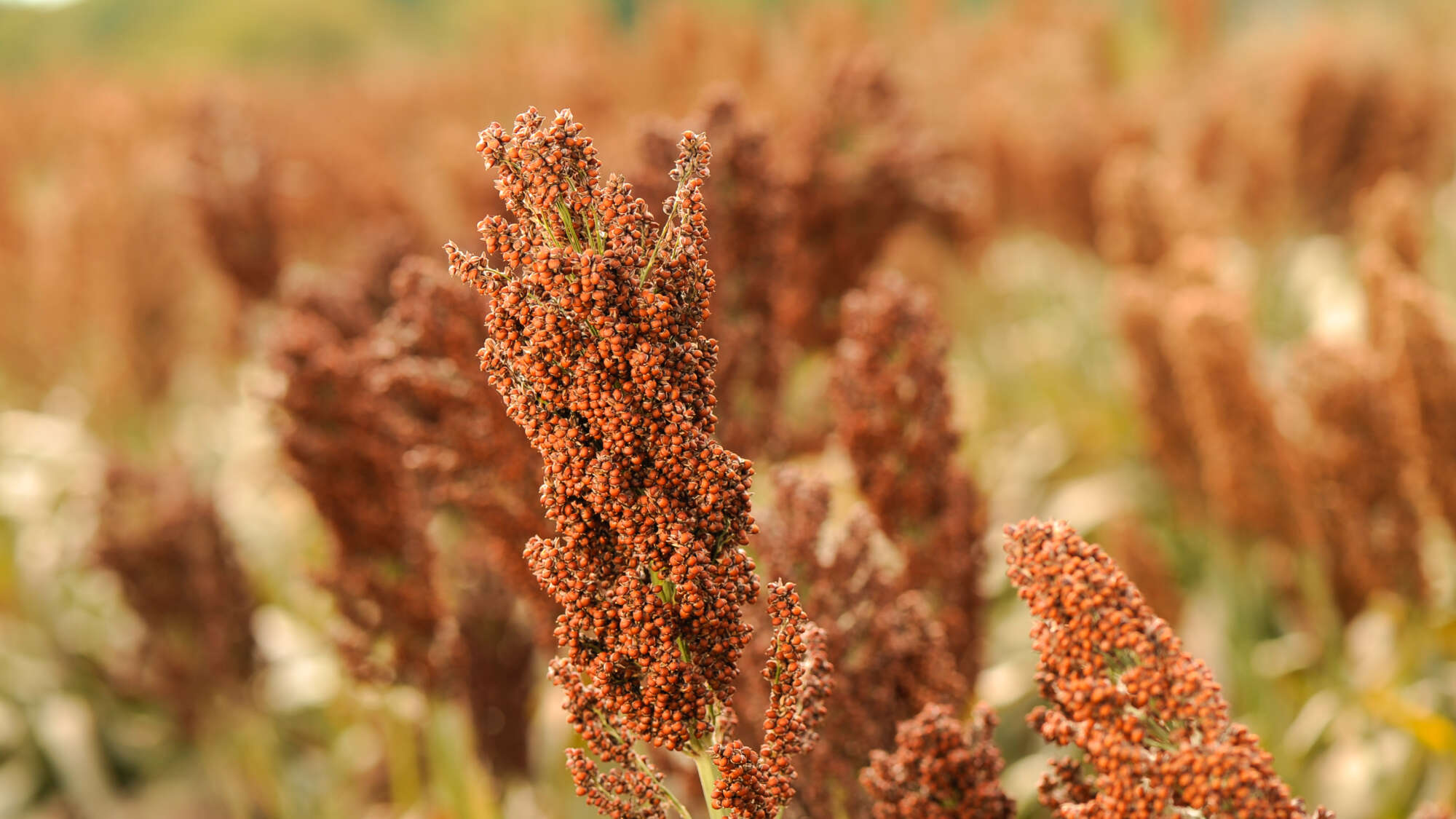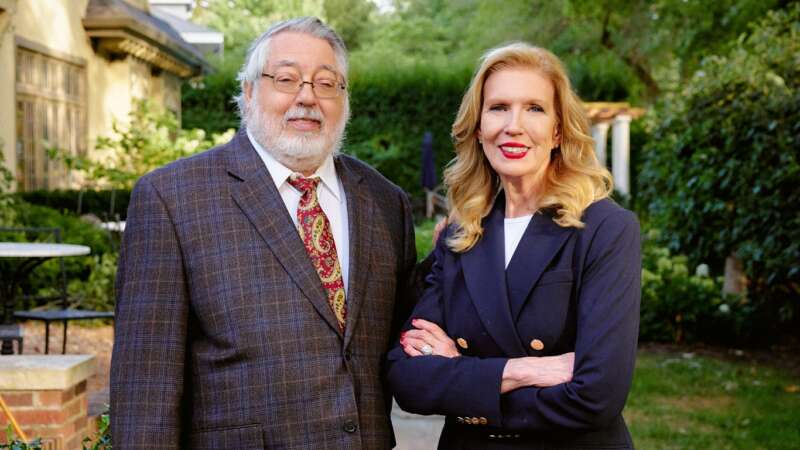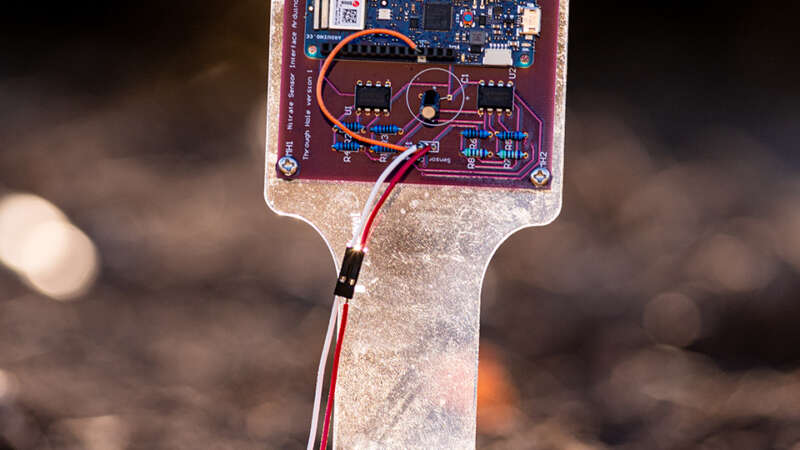A collaborative approach to food security and biodiversity
Climate change casts a long shadow over Madagascar, an island nation famed for its unique biodiversity and threatened by frequent cyclones, rising sea levels and unpredictable rainfall. These challenges jeopardize food security for the Malagasy people and endanger the island’s rich tapestry of life.
But a beacon of hope shines through a collaborative effort between Kansas State University’s Global Collaboration on Sorghum and Millet and the University of Georgia’s Feed the Future Innovation Lab for Peanut.
Supported by a $2.5 million grant from USAID, this project gives Malagasy farmers the tools and knowledge necessary to cultivate a resilient future.
The heart of the initiative lies in promoting a sustainable crop rotation system based on peanuts, sorghum and pearl millet. These crops offer a winning combination: they replenish soil nutrients, reducing dependence on slash-and-burn practices that harm the environment; they thrive in unpredictable rainfall patterns by developing shorter-duration varieties; and they minimize reliance on harmful chemicals by featuring naturally disease-resistant genes.
But the project’s reach extends far beyond resilient seeds. Scientists will work with farmers to breed crop varieties perfectly suited to local conditions and preferences. Building robust infrastructure and establishing clear market access will connect farmers directly to consumers, ensuring fair prices and economic stability.
Promoting healthy dietary practices centered around locally grown crops will improve health outcomes for families and communities. And empowering women farmers through training and resource access will foster a more inclusive and sustainable agricultural ecosystem.





